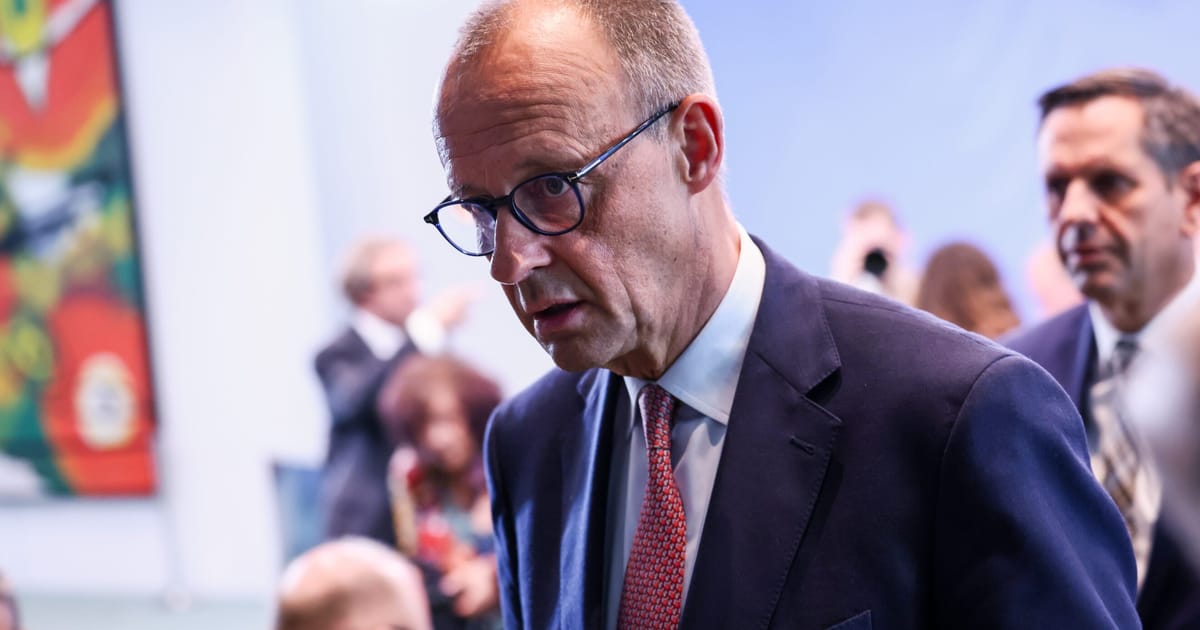European leaders have since called on Iran to resume negotiations on the country’s nuclear program. “We will continue our joint diplomatic efforts to defuse tensions and ensure the conflict does not intensify and spread further,” the leaders of Germany, the U.K. and France — known together as the E3 — said in a joint statement released Sunday.
But during his remarks in Berlin on Monday, Merz also defended the U.S.’s entry into the conflict, saying he was “reasonably confident” the war will not spiral into wider chaos, but added that predictions were difficult to make.
A major risk, however, was a potential closure of the Strait of Hormuz, a critical global transit choke point, Merz said.
“If it were to be fought over, if it were to be closed, if it were to become too dangerous to pass through, then we could experience indirect consequences from this conflict that we cannot yet foresee.”
One reason the U.S. moved to bomb Iranian nuclear facilities is that Tehran had started to transport uranium from its nuclear sites, Merz also said Monday.
“It [Iran] was taking certain quantities of uranium out of the facilities and transporting it to other locations. And that seems to have been one of the reasons why the Israeli government decided to launch the attack just over a week ago and the American government decided on Saturday night to intervene in the conflict.”
Speaking of the Israeli decision to attack Iran, Merz added: “They are doing something that is also in our interest.”
